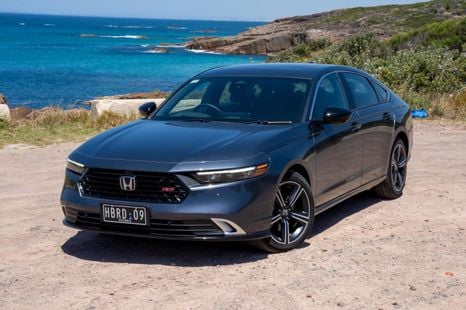

Andrew Maclean
2026 Honda Accord e:HEV RS review: Long-term introduction
6 Hours Ago
Stellantis' CEO believes there are significant availability and affordability challenges ahead in the global transition to all-electric vehicles.

Contributor
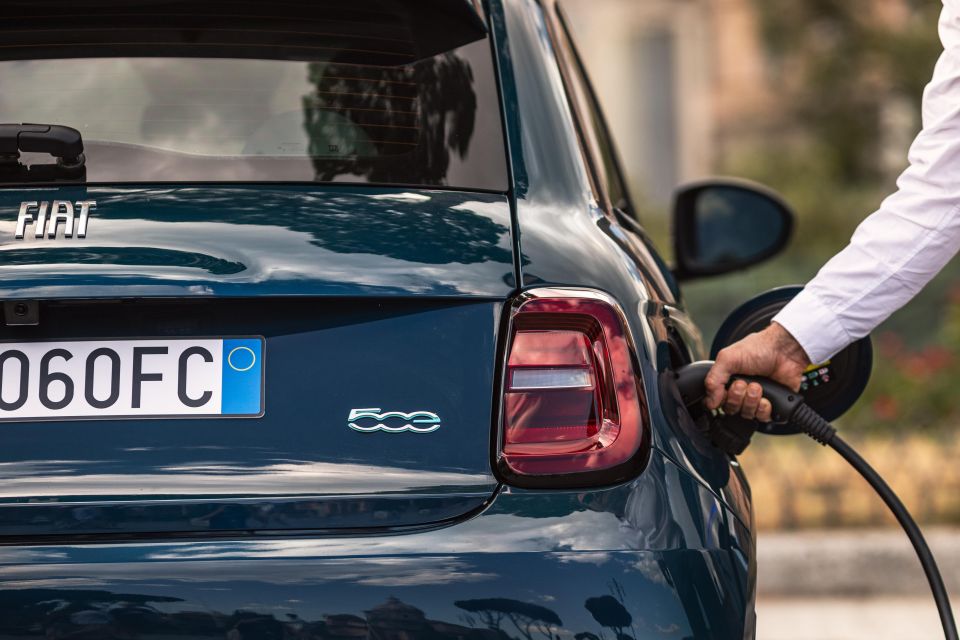

Contributor
Carlos Tavares, CEO of automaker Stellantis, has once again warned of serious issues with the transition to electric vehicles (EVs).
Having previously expressed concerns over the environmental footprint of battery production and the “social problems” a lack of affordable new EVs will cause, the outspoken CEO has now warned of the lack of raw materials for batteries.
Speaking at Stellantis’ Freedom of Mobility Forum, Mr Tavares said that “the affordability is not there because the raw materials are scarce and very expensive, and I would add that they are very volatile”.
He also noted that the concentration of mining the lithium needed to replace the 1.3 billion existing combustion-powered vehicles may create geopolitical issues.
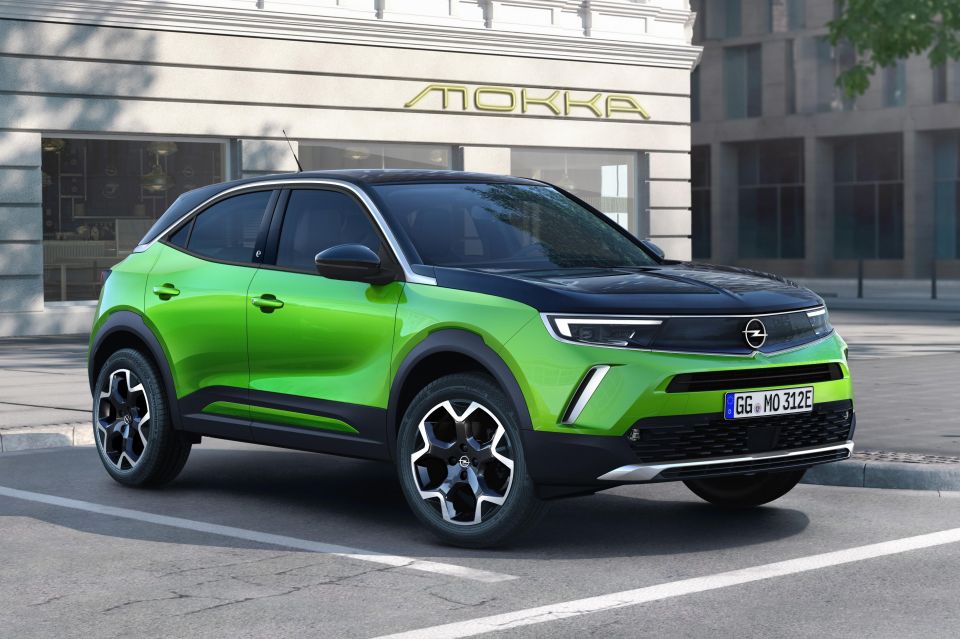
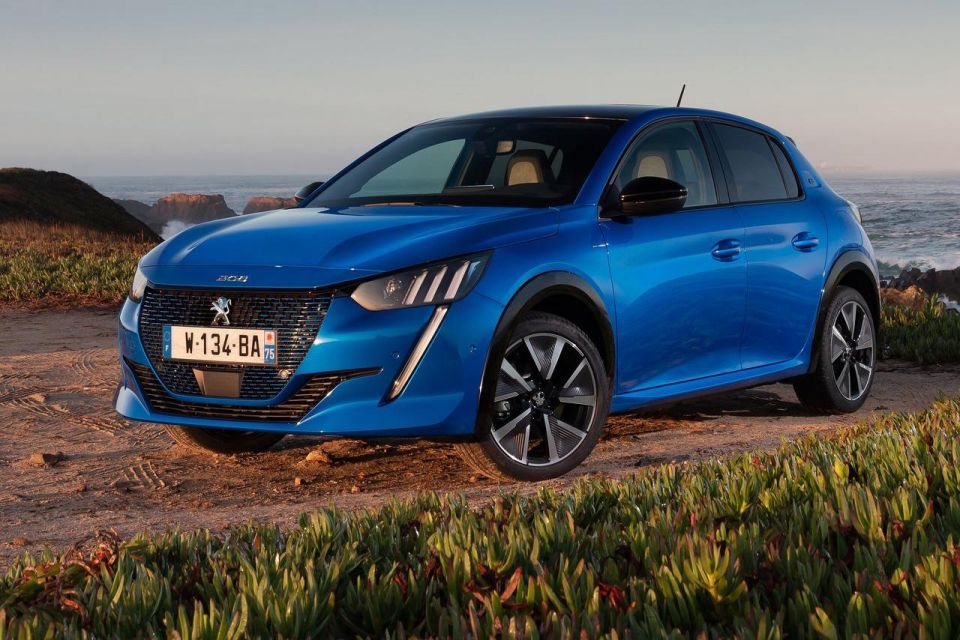
Despite the challenges, Mr Tavares expressed confidence that Stellantis would be able to meet its goals set in its 2030 strategy, which aims for 100 per cent of its sales in Europe and 50 per cent in the United States to be all-electric by the end of the decade.
The automotive giant sells electric vehicles across more than half of its brands, with its remaining brands to get their first EVs over the next few years.
Mr Tavares also addressed the high costs of electric vehicles in an attempt to answer the forum’s overarching question: “In a decarbonized world, will freedom of mobility be affordable to a happy few only?”
Rather than passing the higher costs onto consumers who are currently paying on average 40 per cent more for an EV than a combustion engine vehicle, Mr Tavares discussed the need for the automotive industry and lawmakers to absorb these costs.

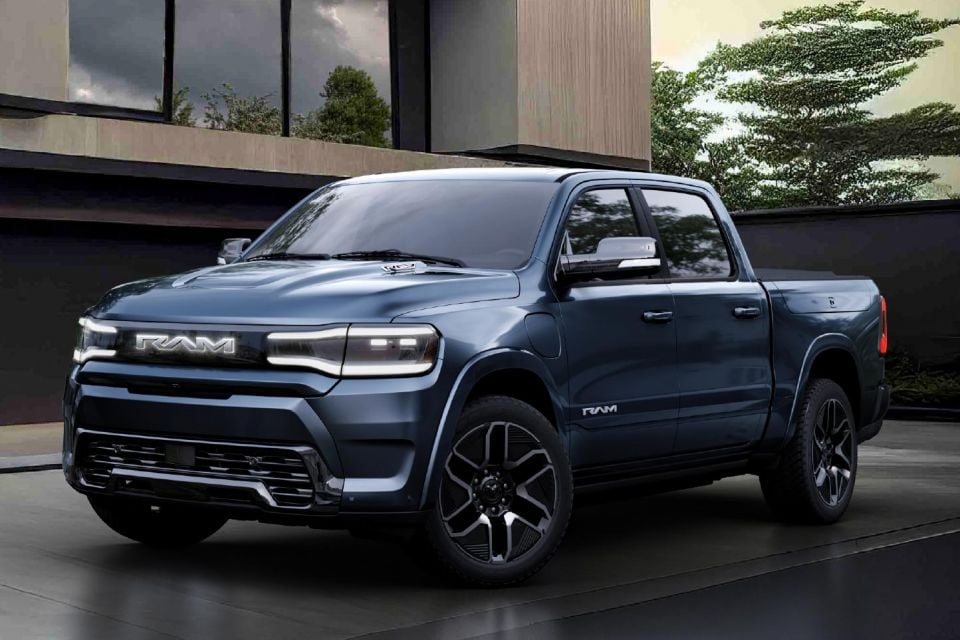
Automakers are continually pushing for denser charging infrastructure with fast-charging capabilities to make EV ownership more practical and feasible for the masses.
In Australia, there are around 2400 public charging stations operated by several companies such as Chargefox, Evie, Ampol, BP, and Tesla, although the locations remain fairly limited and therefore range anxiety remains a concern.
Additionally, there have been price increases at some of these charging stations, with the largest public charging network, Chargefox, recently increasing prices at select locations by over 12 per cent.
Mr Tavares was also adamant that lawmakers should be using technology-neutral legislation as the foundation for a carbon-neutral future as it would promote innovation in the industry.
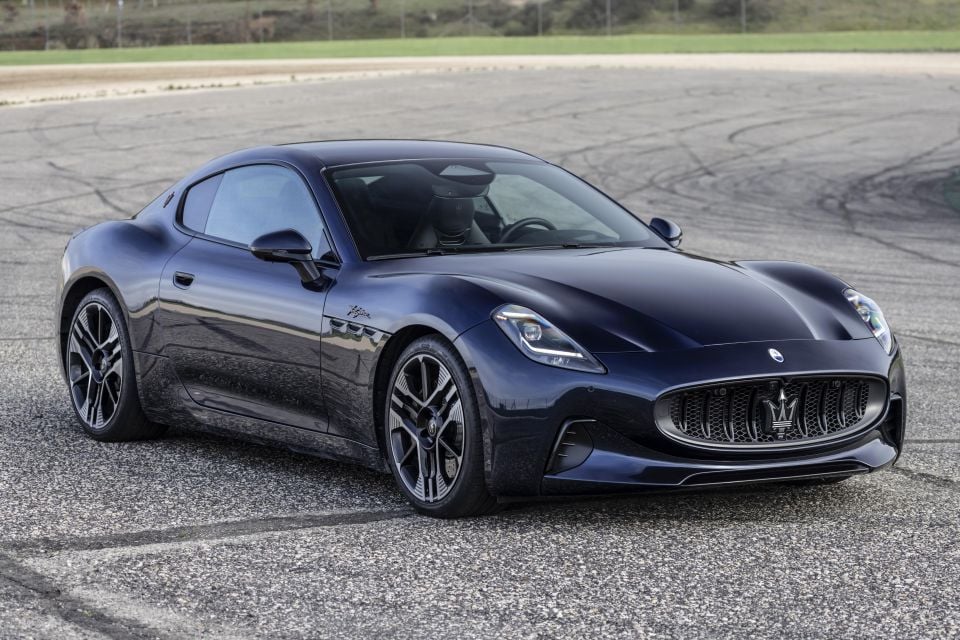
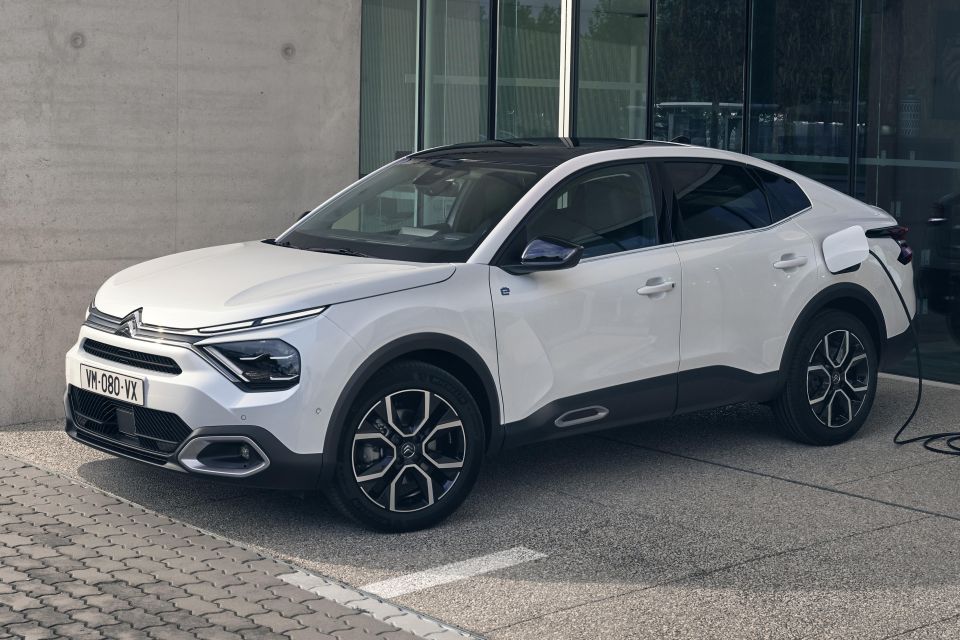
“Our societies are losing a lot of great potential by not having technology-neutral regulations. This is a big, big loss of creativity of scientific power that we are deciding upfront by imposing one single technology instead of having a technology-neutral regulation that would create healthy competition,” said Mr Tavares.
Brands including BMW still believe hydrogen fuel-cell electric vehicles could be a scalable alternative to BEVs, while Porsche’s e-fuel plan includes producing 100 million litres of eFuel a year starting in mid-2026 at plants in Australia, Chile, and the US.
Thanks to Germany’s holdout against the European Union’s 2035 ban on the sale of new combustion engine vehicles, the EU has agreed to allow an exemption for cars running on carbon-neutral e-fuels.
While this small concession may allow automakers to utilise e-fuels in combustion engines, the EU has decided to champion battery-electric vehicles as the technology that will make the EU automotive industry carbon-neutral by 2050.


Andrew Maclean
6 Hours Ago
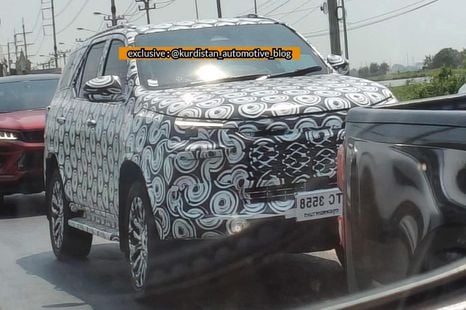

Damion Smy
12 Hours Ago


William Stopford
12 Hours Ago
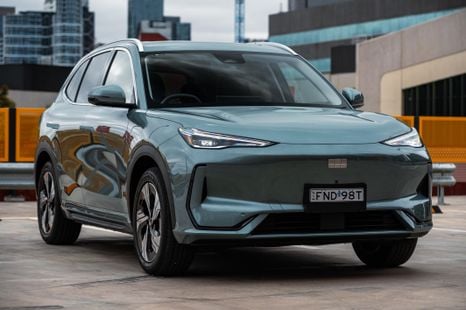

William Stopford
15 Hours Ago


Max Davies
15 Hours Ago


Ben Zachariah
17 Hours Ago
Add CarExpert as a Preferred Source on Google so your search results prioritise writing by actual experts, not AI.